20 Secrets to Cook Better Every Time
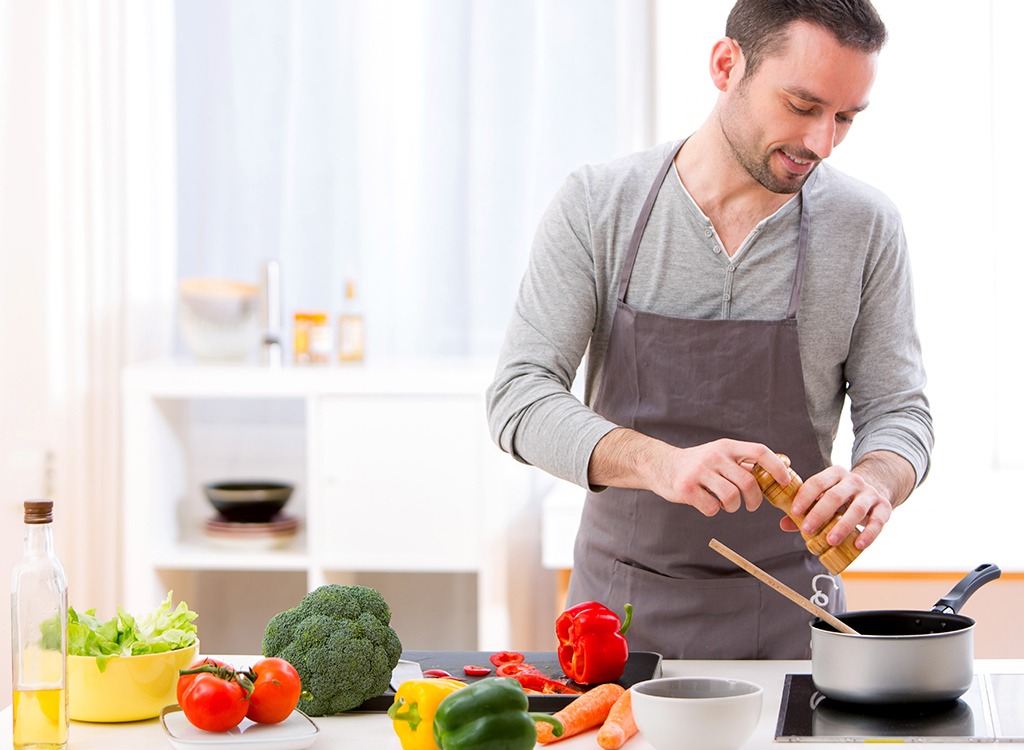
If your busy schedule includes preparing for a big date or hosting for the holidays, knowing how to cook is a skill that rarely goes unappreciated. However, despite our best intentions (and all those cookbooks gathering dust at home), many of us still have more misses than hits in the kitchen.
Fortunately, it’s not hard to up your culinary game in a hurry. These easy-to-follow cooking tips will make every recipe more flavorful and more fun to prepare, too. Even if you’re still getting your sea legs in the kitchen, these 35 Slow Cooker Recipes for Weight Loss are a breeze to prepare, even for novice chefs.
Taste Throughout the Cooking Process

If you’ve been tasting your food only when it’s ready to come off the stove, you’re missing out. Tasting with clean spoons throughout the cooking process can help you build richer flavors and makes it easier to stop short of over-seasoning your food.
Roast Nuts Before Adding to Recipes
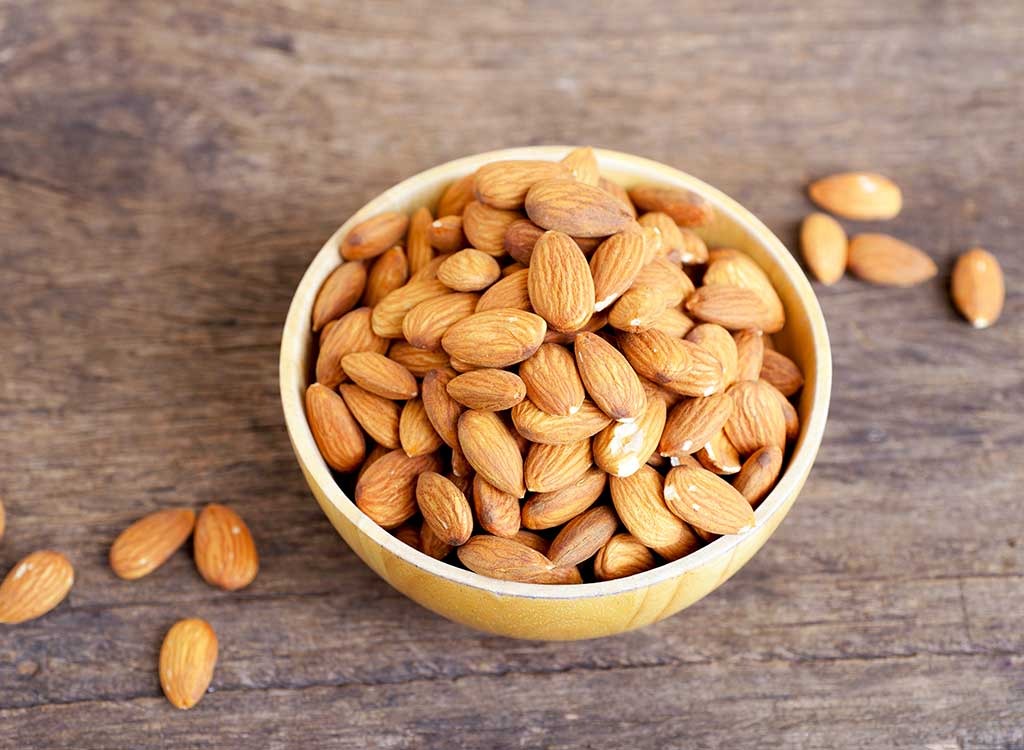
While fiber-rich raw nuts have plenty of health benefits, if you want to get the most flavor from your recipes, roast your nuts first. Roasting coaxes out the oils in nuts, making them more flavorful in the process. Almonds aren’t the only way to boost your fiber intake, however; these high-fiber foods definitely deserve a spot on your menu.
Create Breadcrumbs in the Blender

Store-bought breadcrumbs tend to be pretty bland. Fortunately, it’s easy to make a healthy, flavorful alternative that will spice up any recipe right at home. Simply crush stale or toasted bread along with herbs and spices in your blender for a crispy crust that’s light-years away from those sad canned crumbs.
Make Your Own Compound Butter
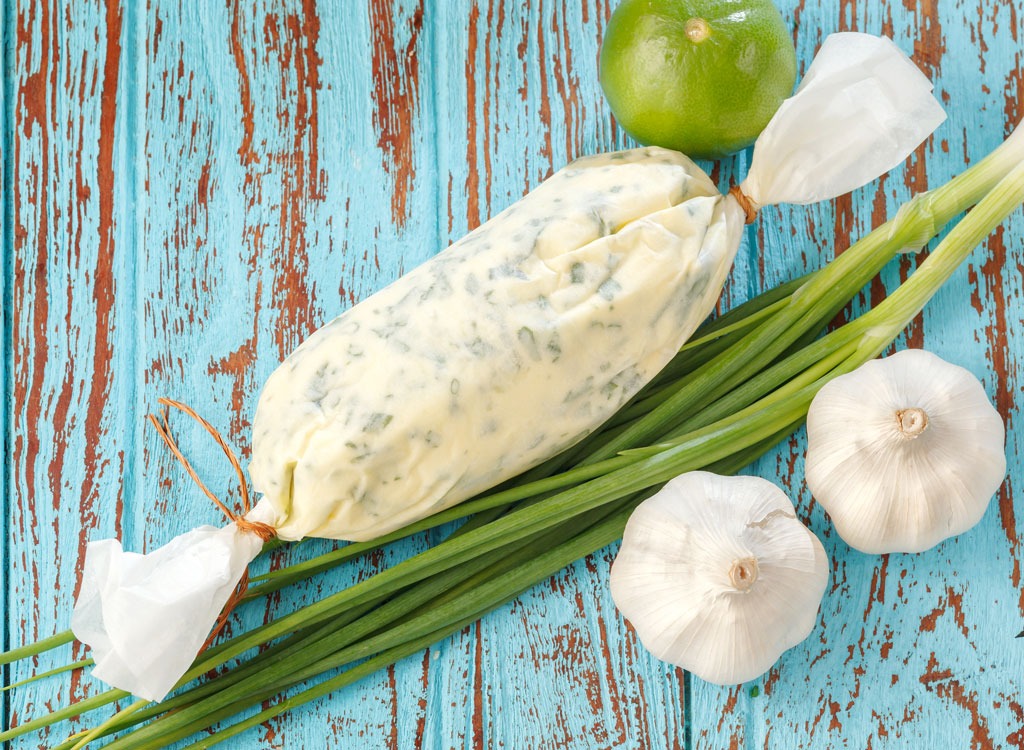
Instead of sautéing herbs in butter, increase the depth of your recipe’s flavor by making compound butter instead. Using a mixer or your hands, press herbs and spices into softened butter, roll in parchment paper, and reshape. Doing this will allow your butter to adopt the flavor of the herbs you’ve added long before it hits the pan, reducing your risk of overcooking in the process.
Saute Your Veggies Before Making Soup
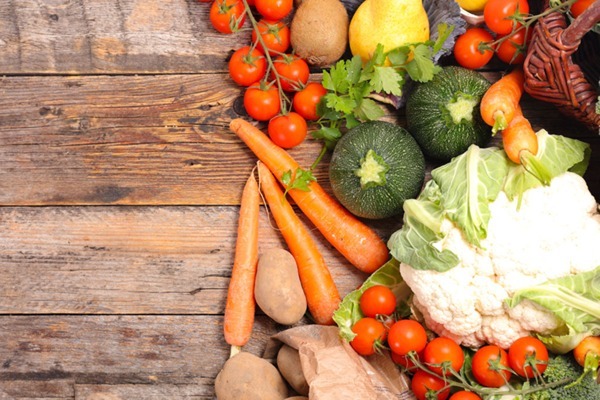
Before you whip up a batch of soup in your slow cooker or on the stove, sauté your vegetables first. Doing so will make them more flavorful, making your finished product more complex and delicious, too. Need some veggie inspiration? These healthy sweet potato recipes are as tasty as they are easy to make.
Salt Your Pasta Water

While salting your pasta water probably won’t do much to shorten your cooking time, it will make your noodles a lot more enjoyable. Unsalted pasta is wildly bland, but just a hint of salt in the water can change that.
Bring Your Meat to Room Temperature Before Cooking
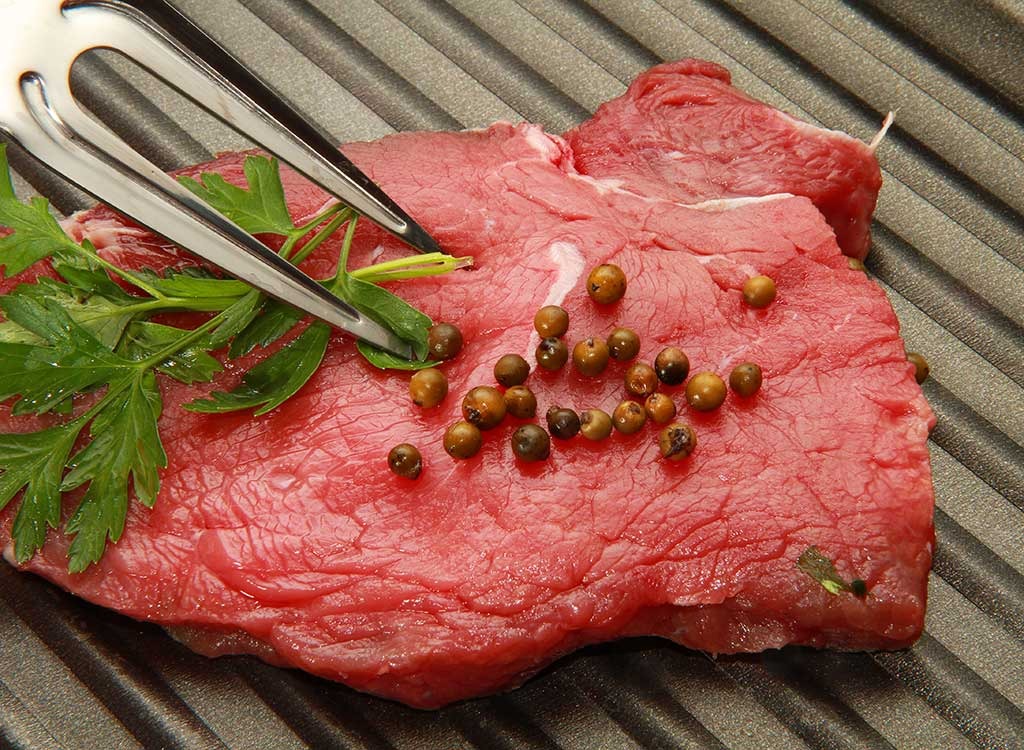
If you want to be a master behind the grill, make sure your meat is room temperature before you cook it. If you’re starting with meat that’s been in the fridge, the outside may still char when it hits the pan, but the inside will still be cold or lukewarm unless you overcook the whole thing.
Use a Grater on Frozen Butter When Baking
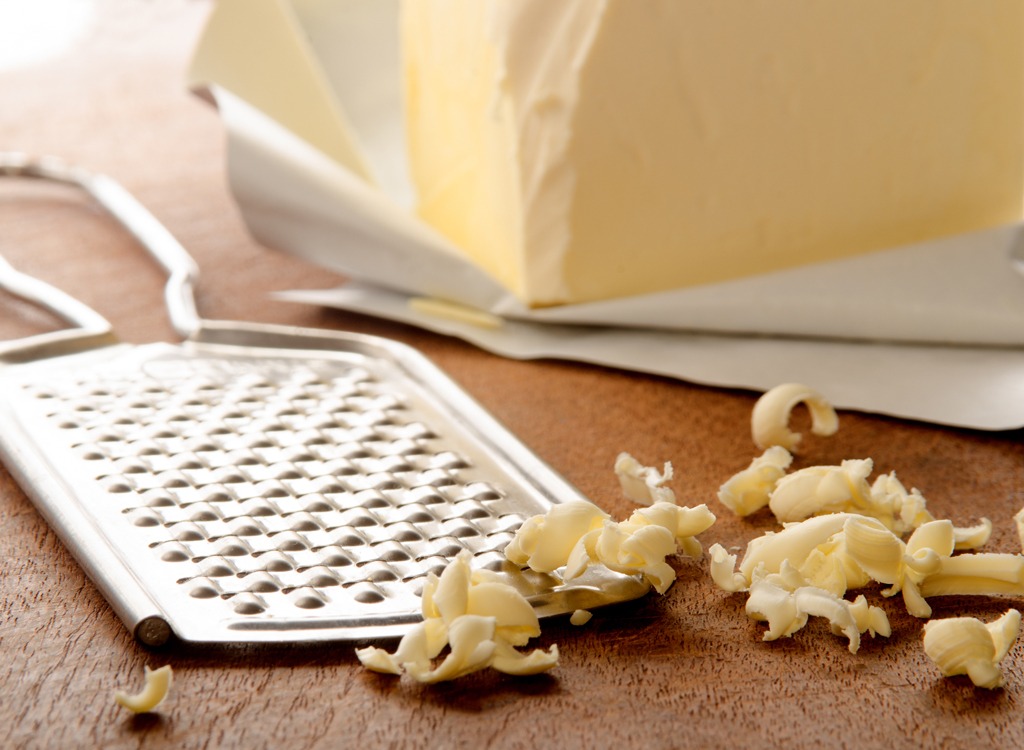
There’s nothing worse than finding a huge pocket of butter in a baked good. However, liquidy microwaved butter isn’t ideal when you’re making dough. To achieve a consistent texture throughout your recipe, freeze your sticks of butter first and use a grater. The grated butter will melt as you incorporate it into your recipe, helping you achieve a more consistent texture and flavor.
Pre-Squeeze Citrus

Before you grab that juicer, beat your citrus up a bit first. Rolling and bashing lemons, limes, and oranges on a cutting board before squeezing them will help burst the membranes inside, getting more juice out when you’re done.
Water Your Herbs
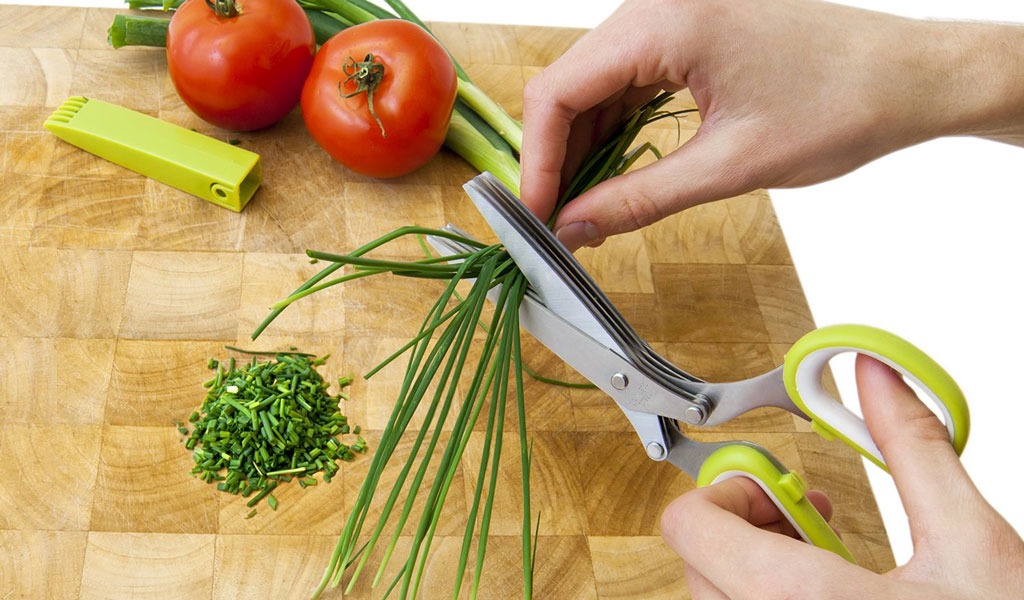
Dried-out herbs are subpar in terms of both flavor and appearance. Fortunately, there’s an easy solution: put your fresh herbs in a glass of water in your fridge until you’re ready to use them. They’ll last longer and will keep that bright flavor you’re looking for. And when you’re ready to make every meal healthier and more delicious, load up on the 40 Things Healthy Cooks Always Have in Their Kitchen!
Use Ice to Cool Down an Overheated Pan

If you’re worried about your recipe getting overcooked, cool things down with some ice. Adding an ice cube or two to a pan that’s getting too hot can buy you more time before things burn.
Dry Your Own Fresh Herbs
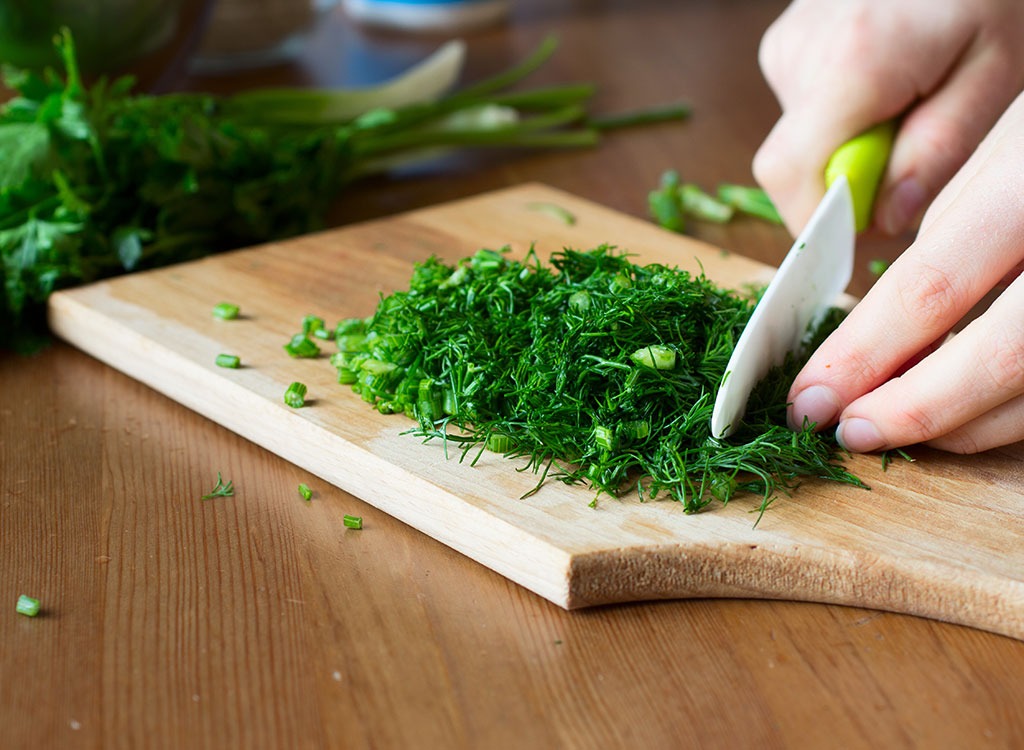
Those dried herbs in the supermarket work in a pinch, but fresh is almost always better when it comes to flavoring food. Fortunately, it’s easy to make your own dried herbs at home. Simply pop your herbs in the microwave to dry them out and cut them to your desired size or grind them using a mortar and pestle.
Use Infused Water to Cook Rice
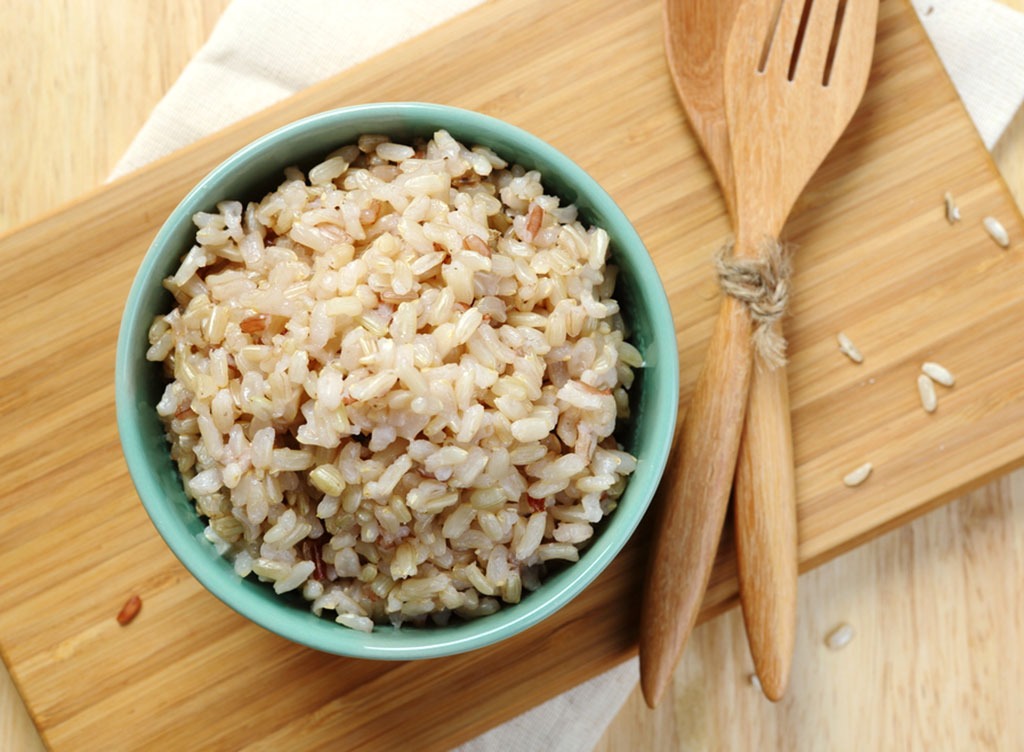
Make your rice a more satisfying side by infusing your water first. You can add a little low-sodium bouillon to your water to make a dish similar to rice pilaf, or steep a teabag in the water first to lend your rice a richer, more complex flavor.
Make Your Toast in a Pan
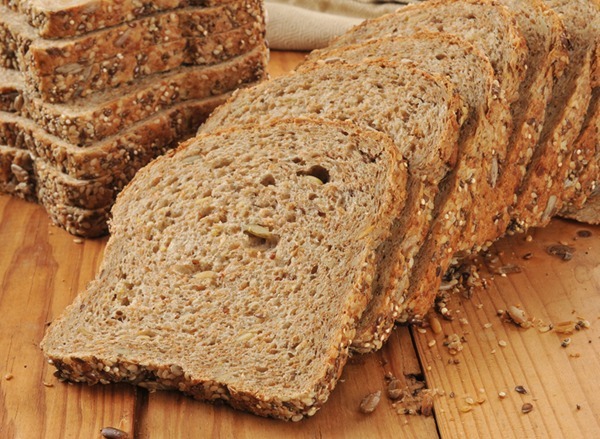
If you want to make crispier, more delicious toast, ditch the toaster. Using a pan can help you keep from burning your bread, and allows you to melt the butter into your bread while cooking it.
Infuse Your Own Oils
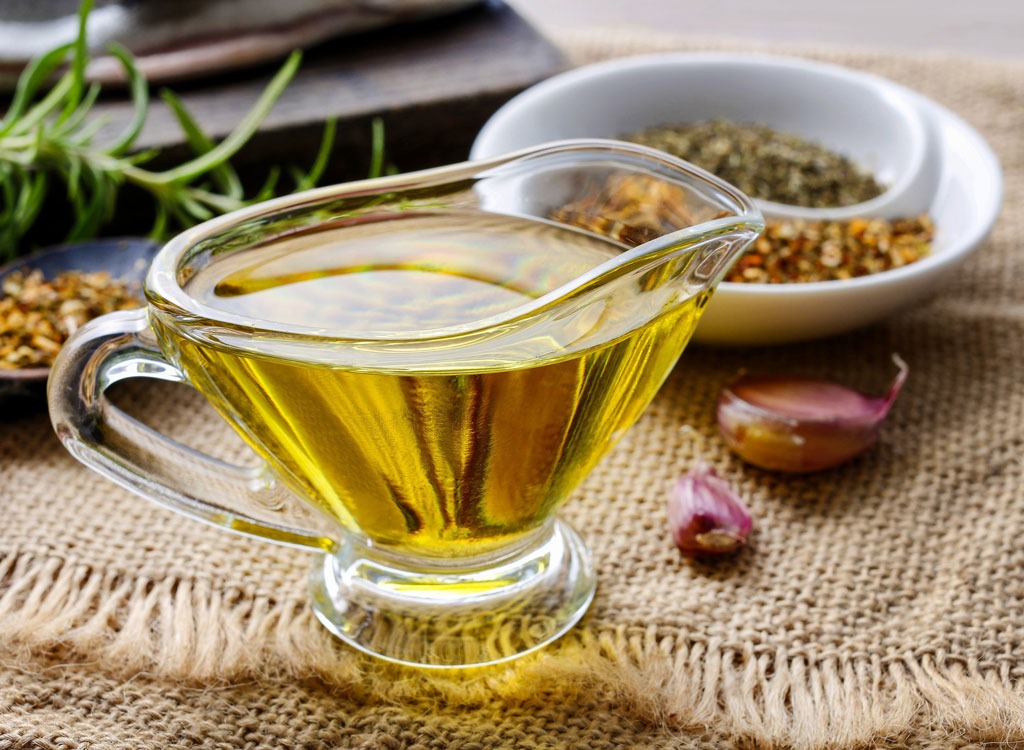
Even if you don’t have a ton of cash to drop on a fancy bottle of olive oil, you can still make every meal more delicious by infusing your own. Add some herbs and spices to your oils, keep them in a dark, cool place for a few weeks, and voila! An expensive-tasting olive oil that will make every recipe more flavorful. Olive oil isn’t the only satisfying way to improve your heart health; start on the path to a longer life by adding these healthy fats to your favorite recipes.
Heat Your Pan Before Roasting Vegetables
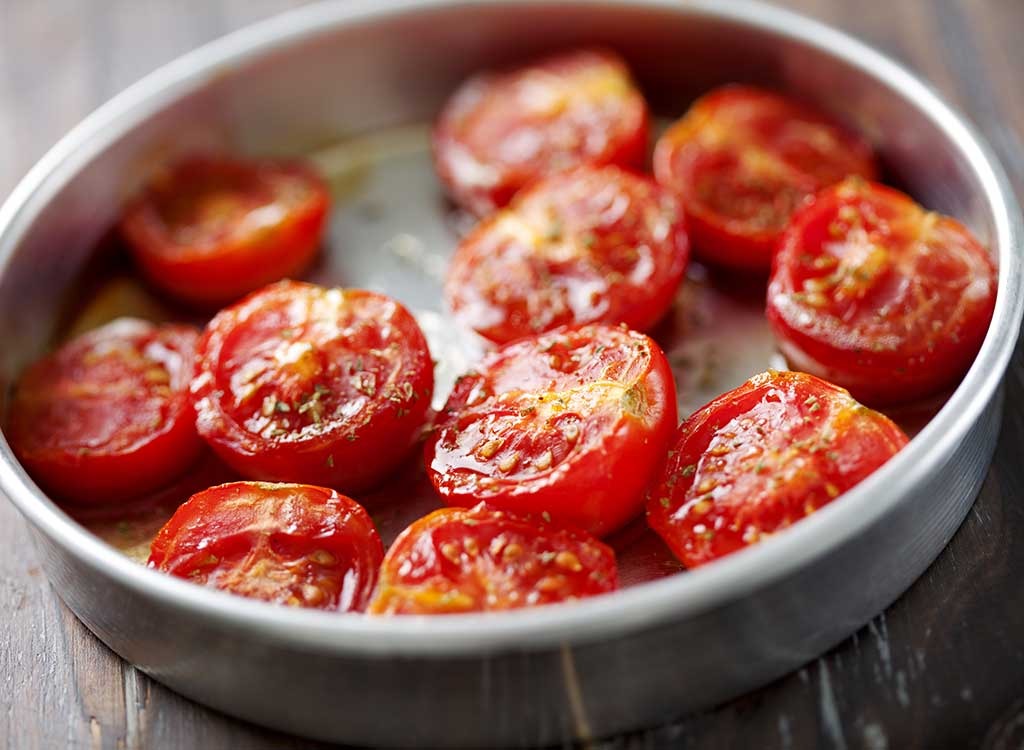
Preheat your pans before you add your vegetables to roast. Popping your pan in the stove for a few minutes before adding your ingredients means that your recipes will cook more evenly, instead of sitting on a cold surface that you’re waiting to heat up.
Use Cooking Spray on Your Grater
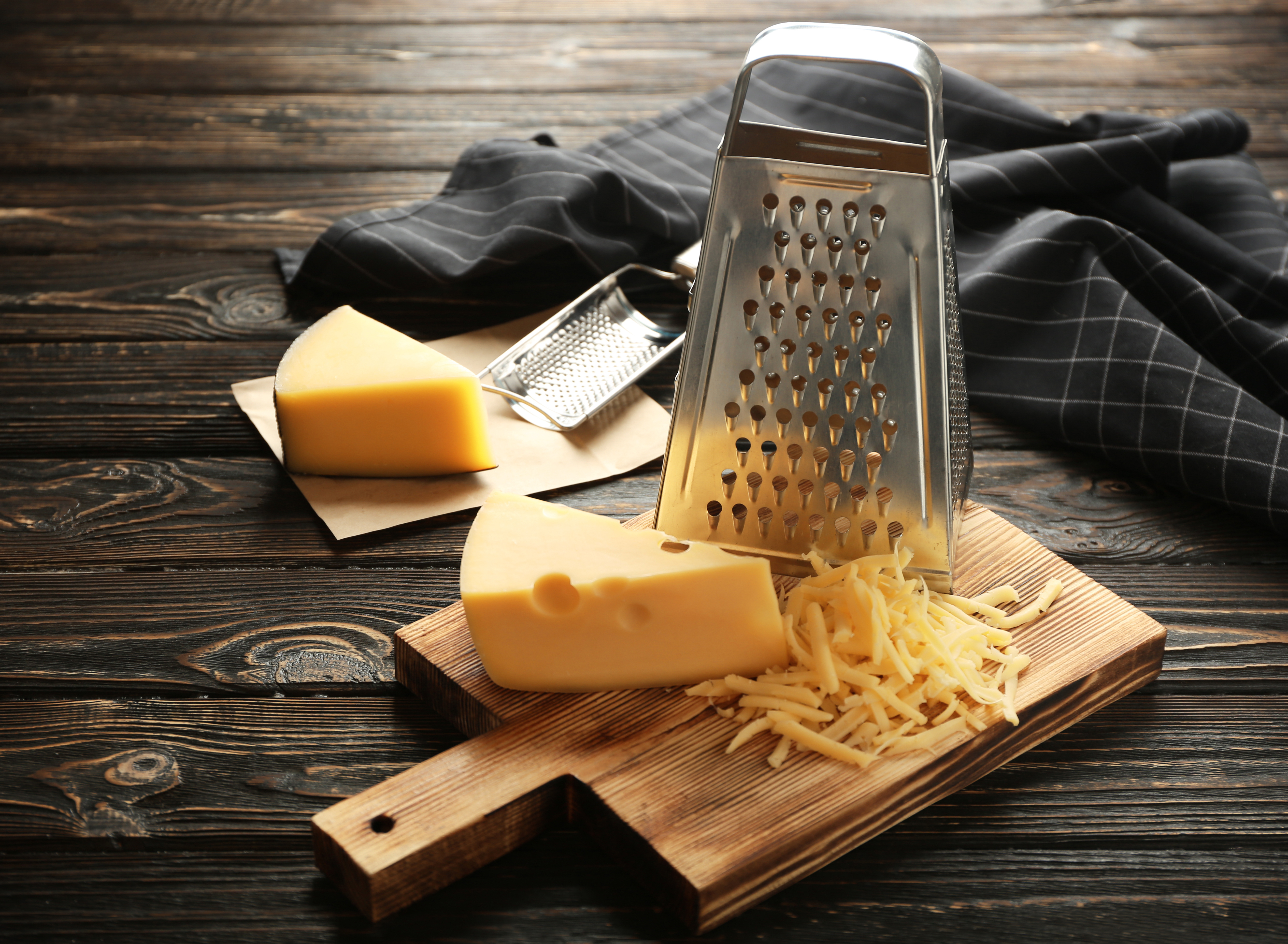
Does food always stick to your grater? Achieve greater grating success by spritzing it with a little unflavored cooking spray first.
Take Your Pasta Off the Stove Before It’s Ready
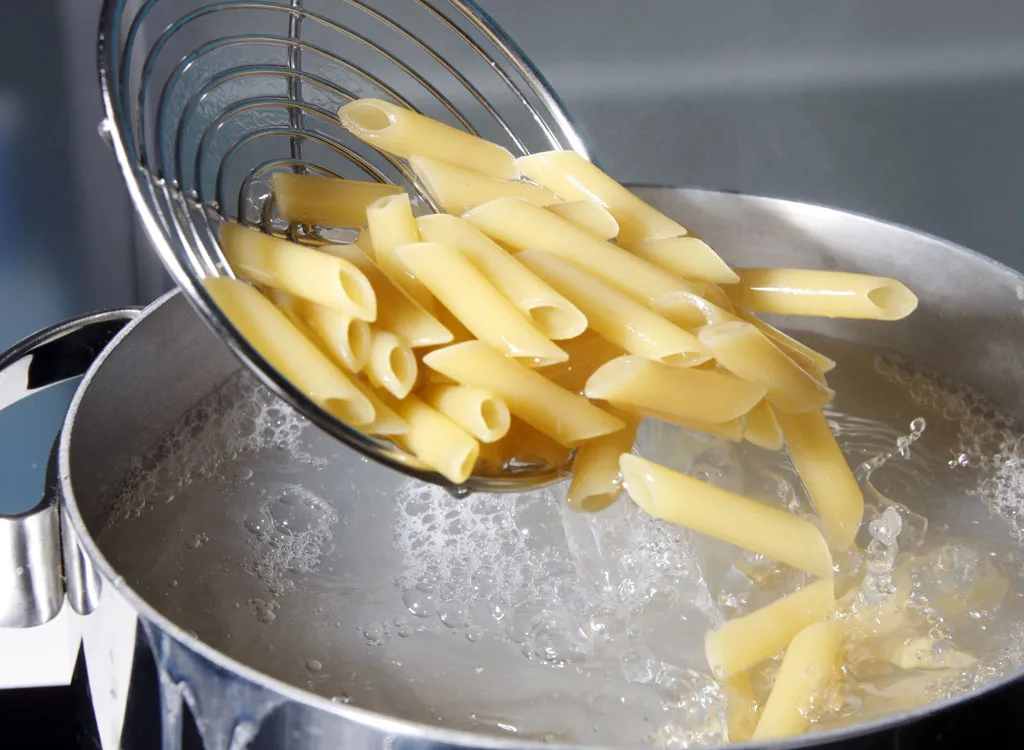
If you want to avoid soggy noodles, take your pasta off the stove a minute or two before it feels done. Pasta continues to cook even after it leaves the stove, so to achieve that perfect al dente bite, you need to pull it from the heat source when it’s still slightly firm.
Rotate Your Ground Spices
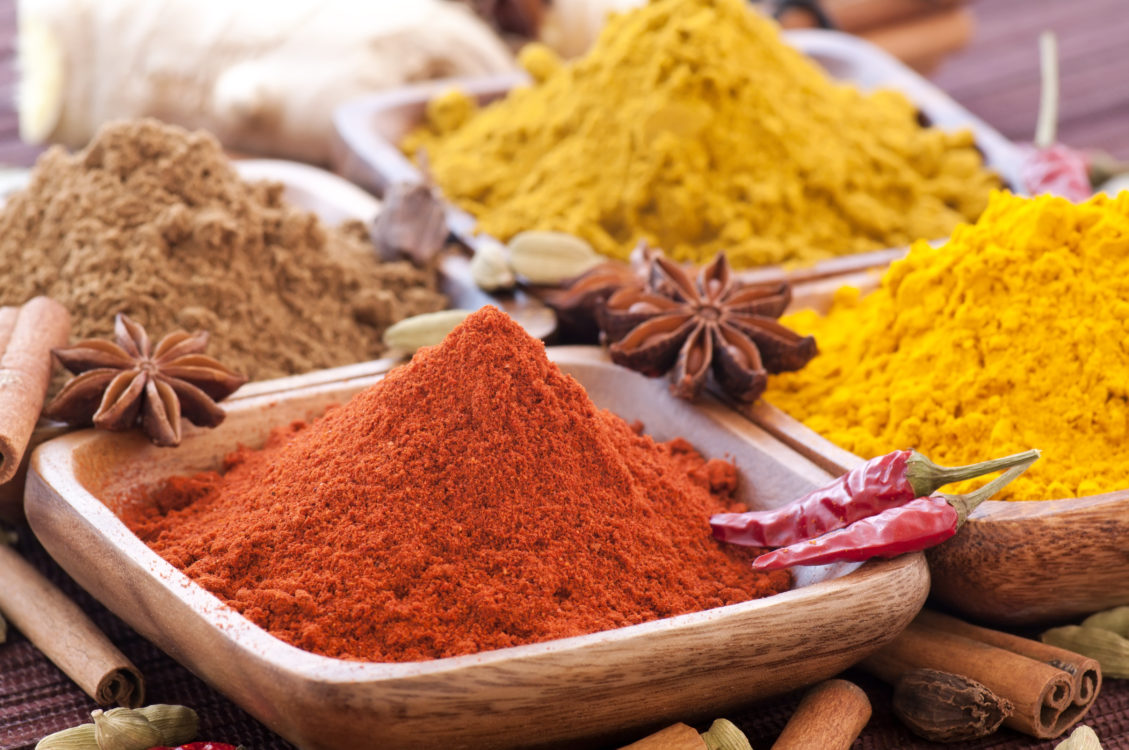
Keep your recipes flavorful by swapping out your ground spices every six months. Ground spices have more surface area exposed to oxygen than their whole counterparts and tend to lose their flavor sooner. For whole-leaf spices, taste-test to determine whether it’s time to get a new batch.
Slice Meat Against the Grain
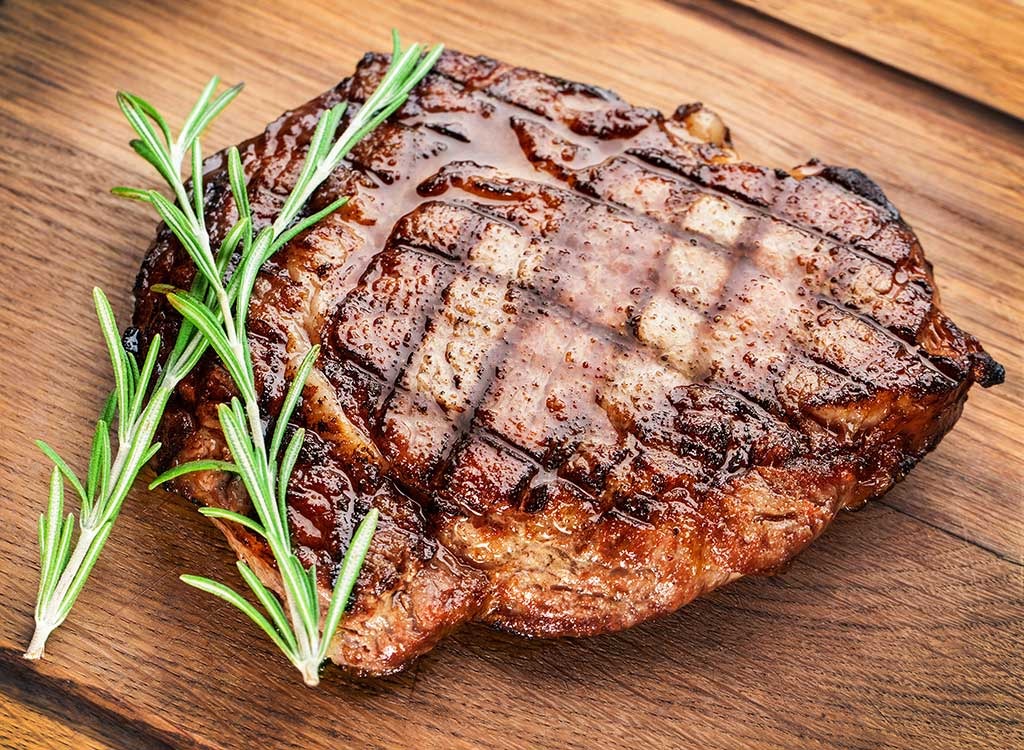
Even the best cut of steak can take on the texture of an old shoe if you’re cutting it wrong. When slicing meat, always cut against the grain. Doing so means you’re shortening the length of the muscle fiber in each bite, making for a more tender meal.